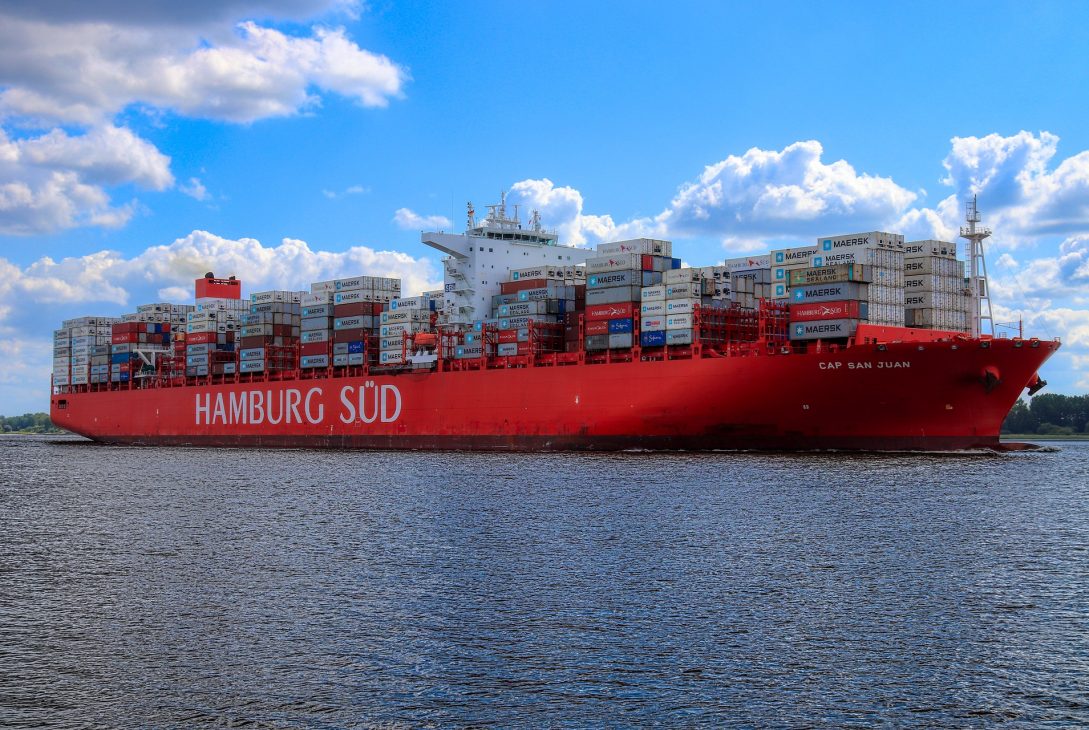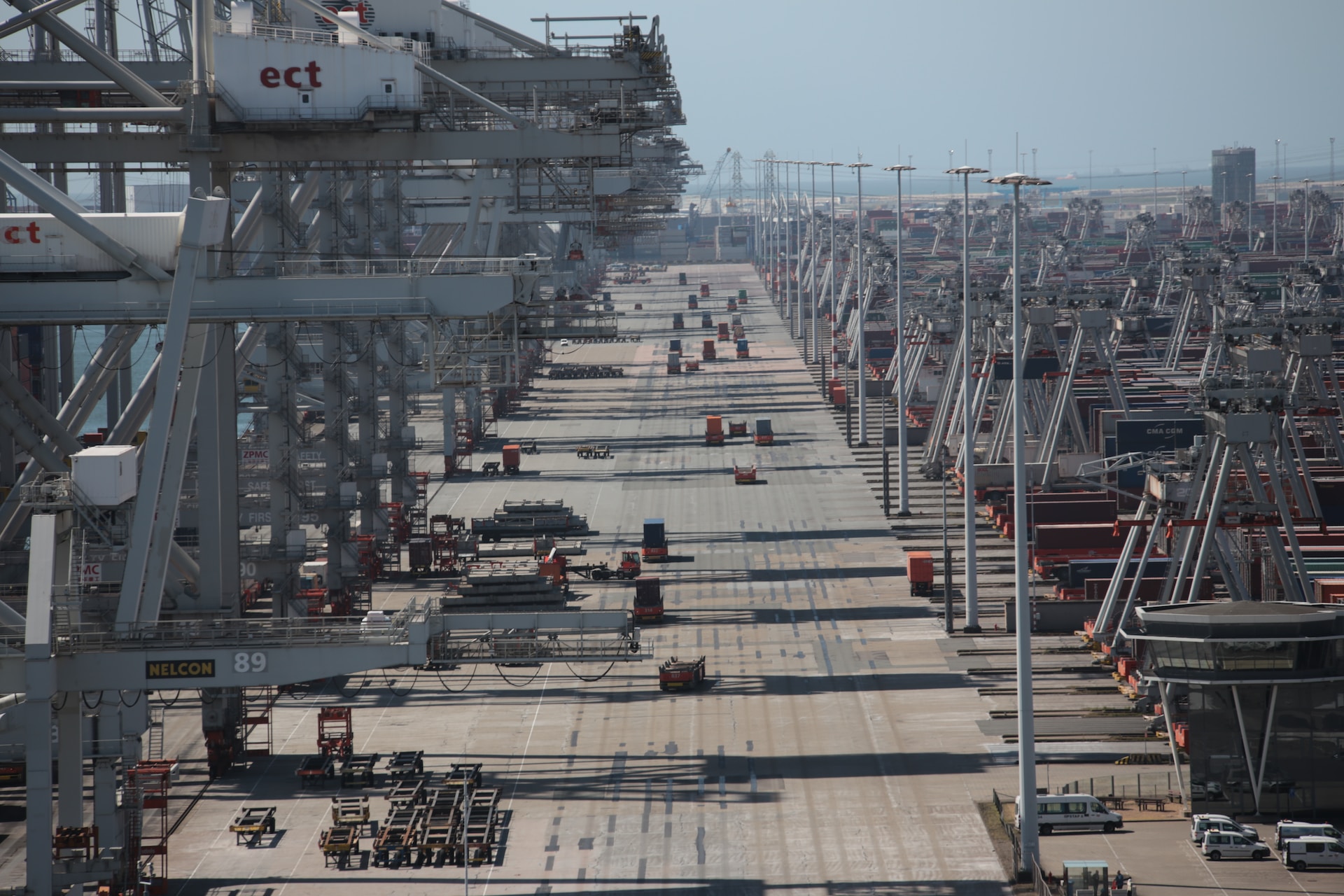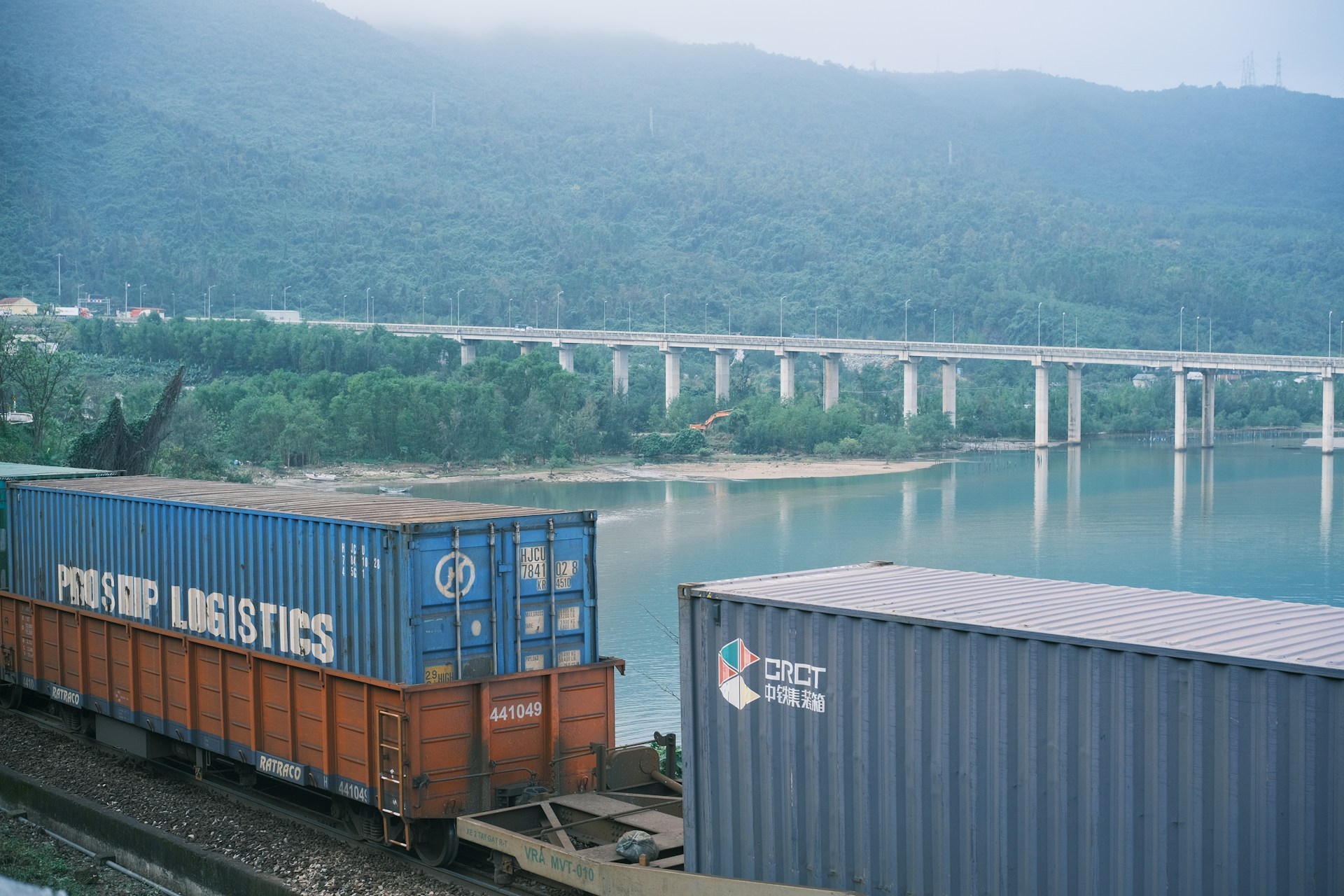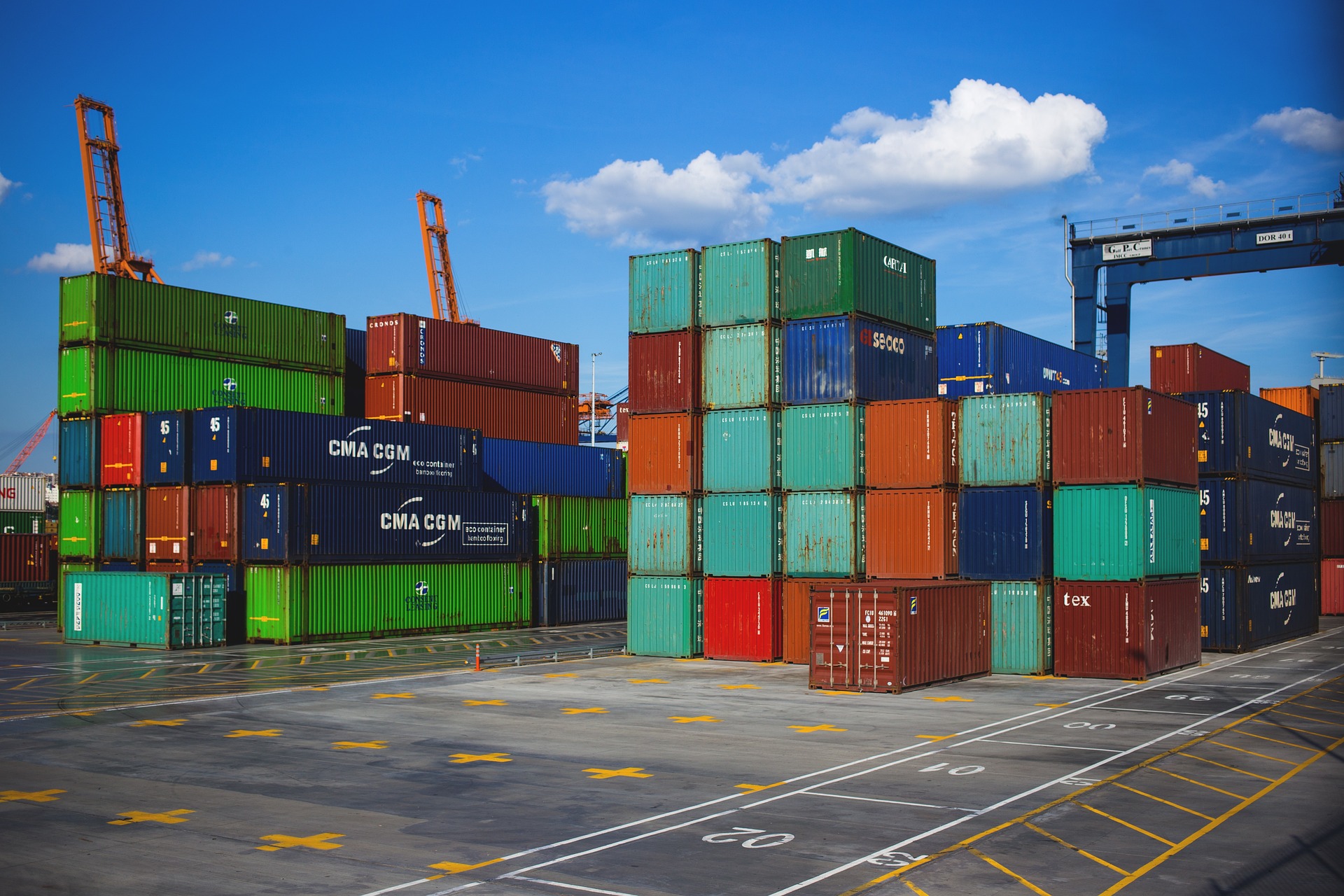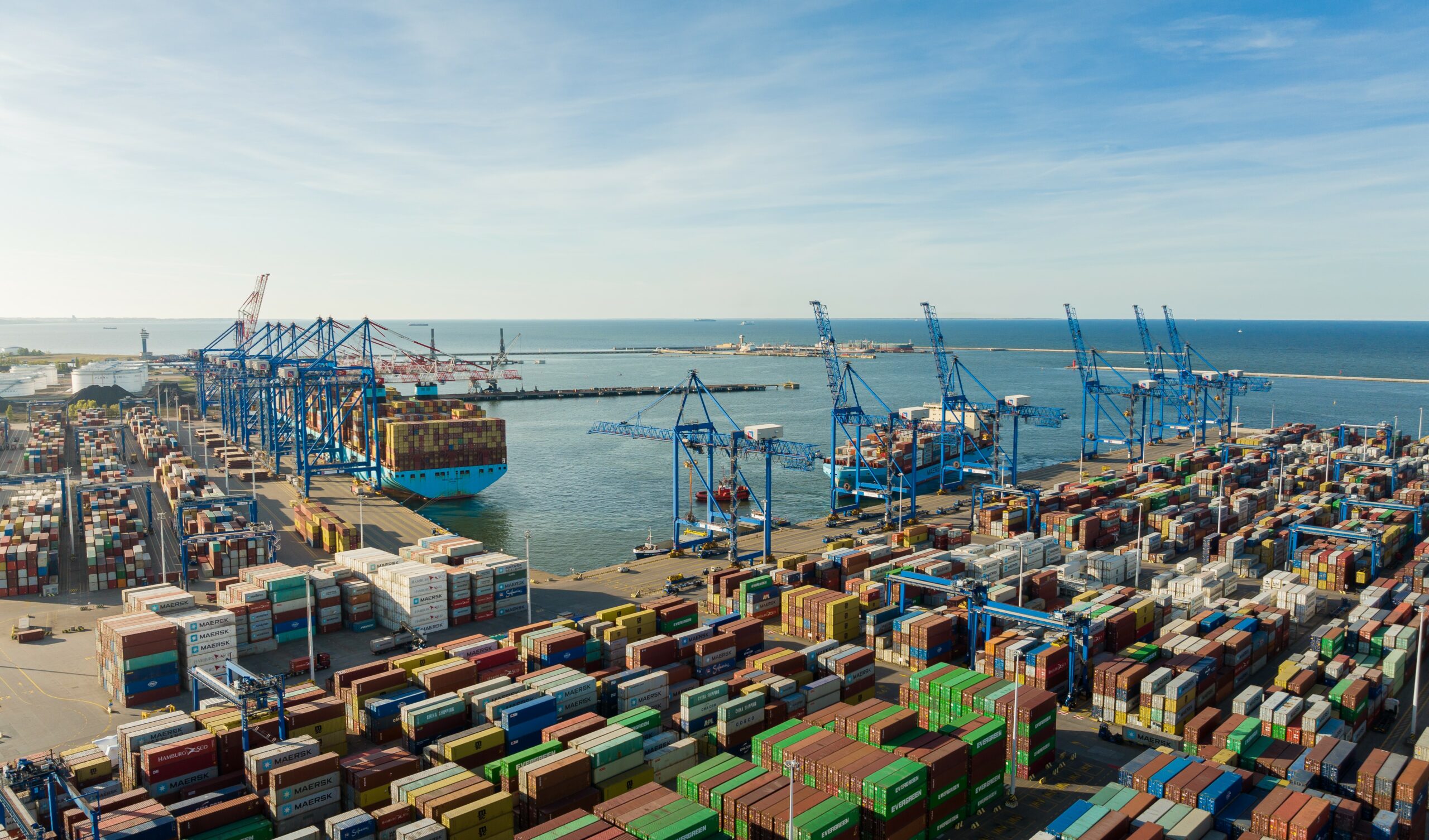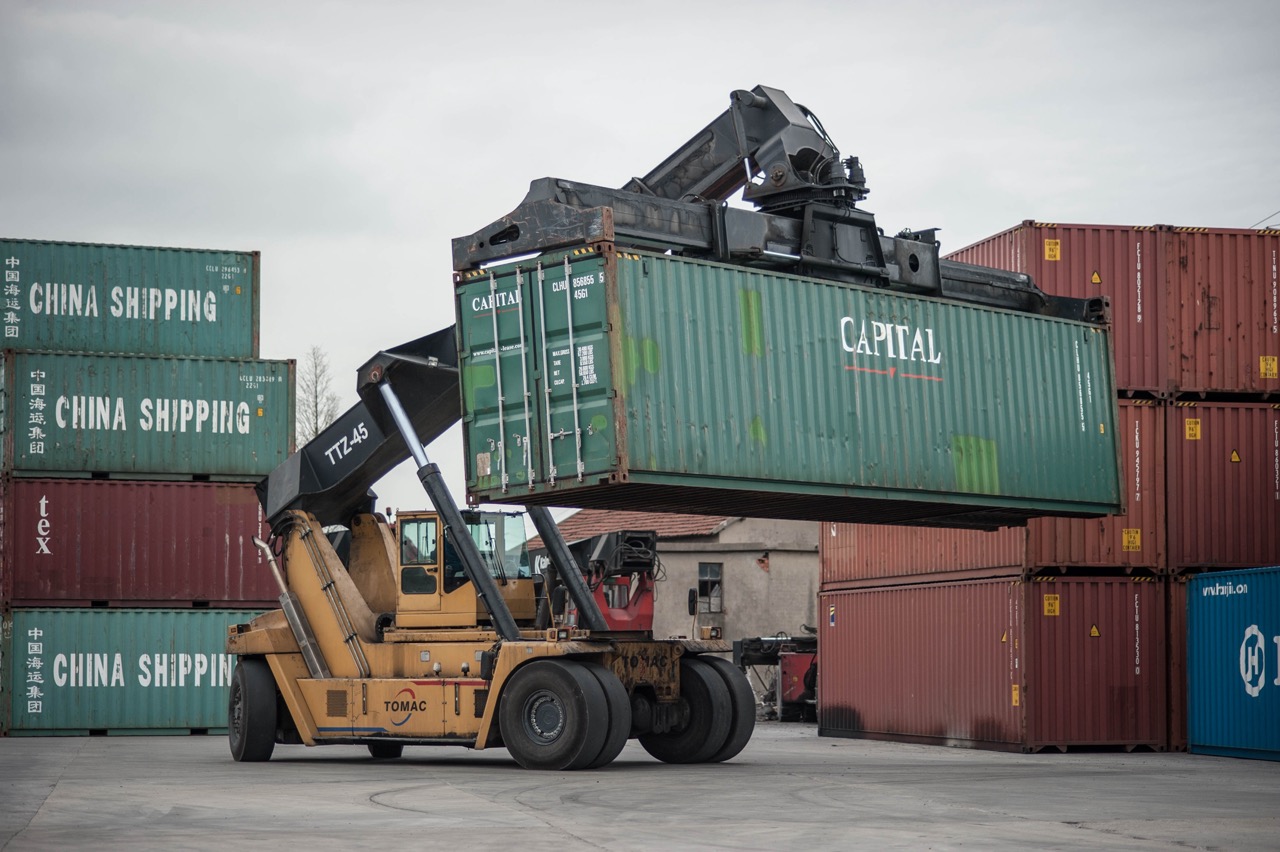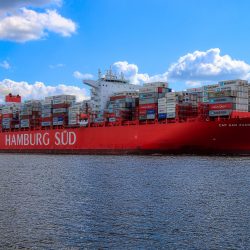Container traffic index continues to grow rapidly
Consulting agency Drewry carried out the analysis of the logistics industry. According to its results, for the current year the index of container shipments increased by 333%. In just one week its growth exceeded 4.7%. WCI’s composite index is about $8,796 per 40-foot container.
For the year, the average index, as estimated by Drewry, is fixed at $5,760. This value is $3,716 higher than it was in the previous 5 years – then the average was $2,044 per 40-foot container.
As for freight rates, on the Shanghai-Genoa route they increased by $852, up to $12,626 per TEU. On the Shanghai-Rotterdam segment, the increase was $592, to $12,795 per TEU. In the first case the increase for the year was 514%, in the second – 595%. Spot rates for the Rotterdam-New York route also rose by 7%. Here for a standard container they take 5 336 dollars. In the direction of Shanghai-Los Angeles, rates increased by 229% and made 9 631 dollars per container. And analysts predict that the growth will continue almost on all routes.
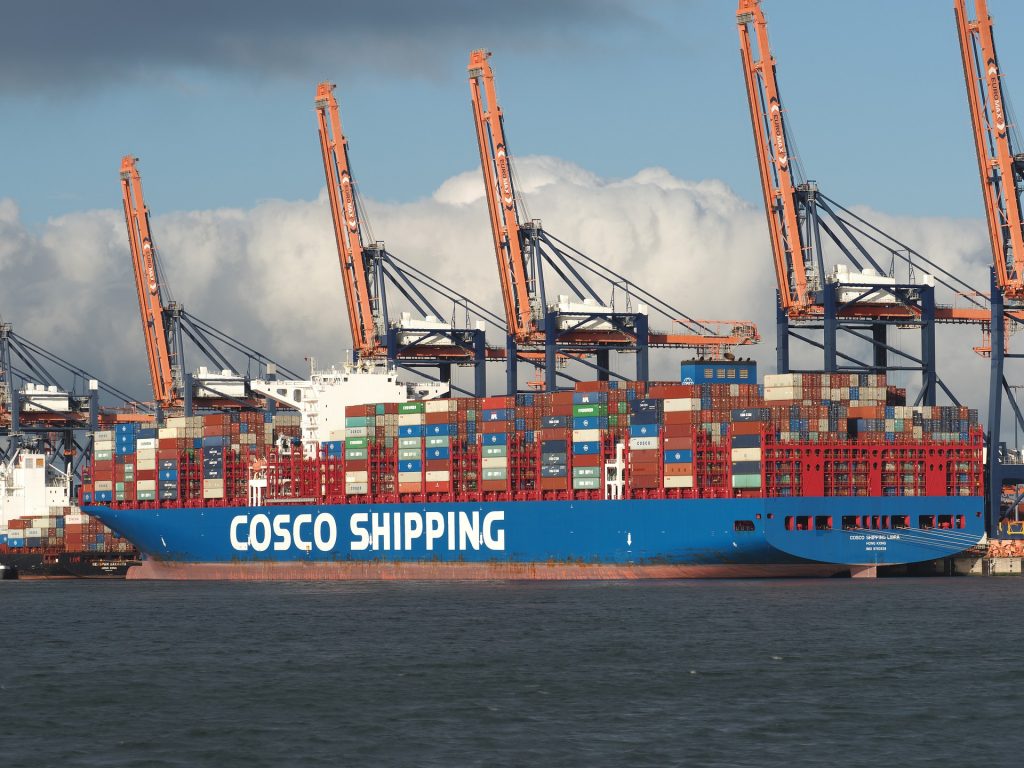
The situation is primarily due to increased demand for freight transportation by sea. Besides, the problem is aggravated by distribution of forces in the segment of container transportations. In this case 85% of the whole market is controlled by 10 shipping lines. Of them, about 58% of capacity is accounted for by 4 major logistics groups, including Maersk, COSCO, CMA CGM and also CMA. This distribution of power in the segment is supported by three alliances that share vessels. They operate on popular East-West routes.
The leading position on the market of sea transportation is held by MSC from Switzerland. In the current year the carrier has been actively acquiring support vessels, thanks to which its fleet has increased by 49 containers. In addition, MSC negotiated on the charter market and in the segment of newbuildings. Now the company’s fleet exceeds 4 million TEUs. In the near future it is expected to buy 4 large container ships, which hold 23 656 TEU.
Experts note that MSC has almost caught up with Maersk in terms of volume of traffic. As for Maersk Corporation, the current year has seen a significant reduction in the number of orders. Nevertheless, it also renewed its fleet, but the capacity of the new vessels is not as large as that of the MSC.
Maritime transportation is becoming more and more important, but it seems that operators are not ready for such an influx of customers.

